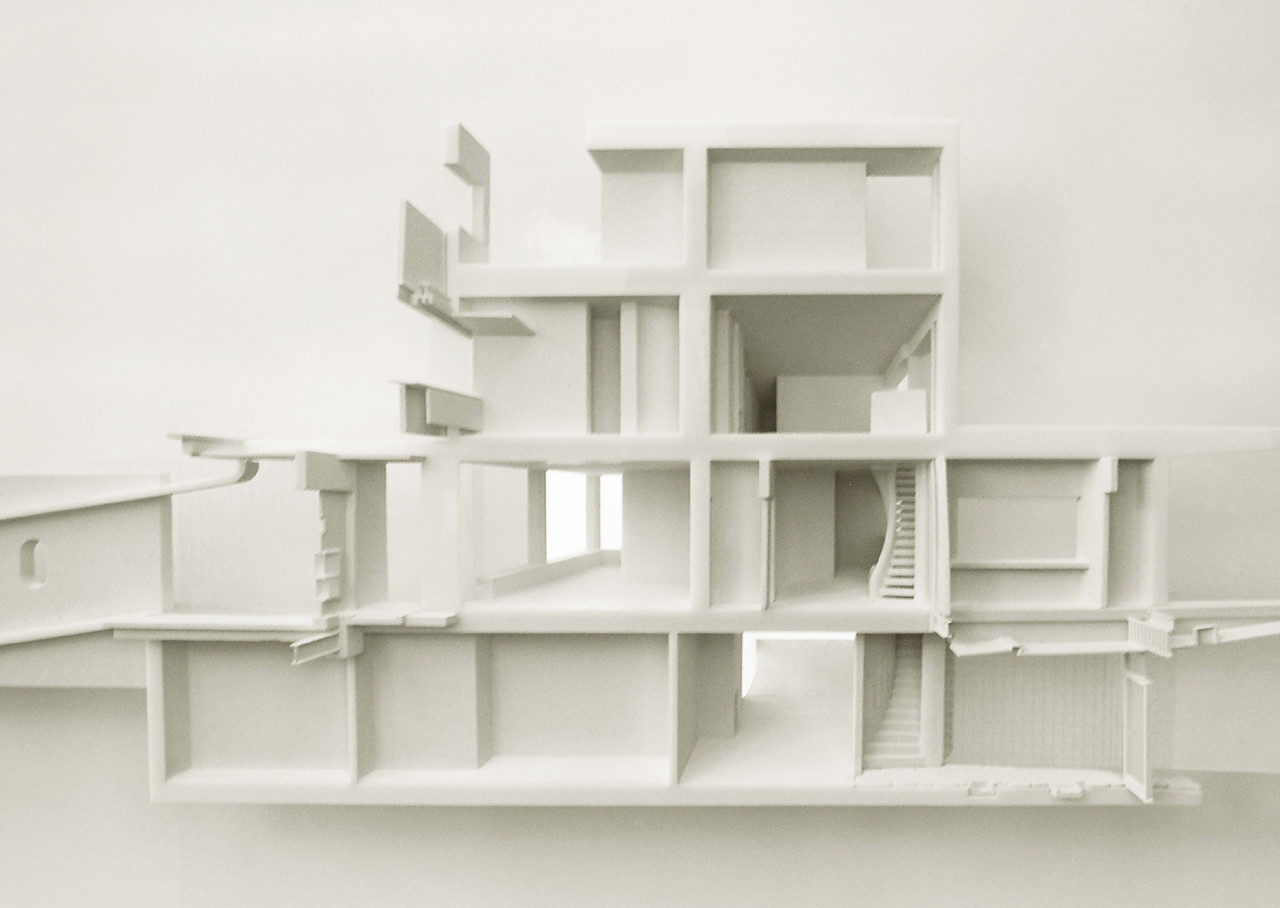Harvard University Graduate School of Design (Harvard GSD) is pleased to name architect Aude-Line Dulière (MArch ’09) the winner of the 2018 Wheelwright Prize, a $100,000 fellowship supporting travel-based research and investigative approaches to contemporary design. Dulière’s winning proposal Crafted Images: Material Flows, Techniques, and Uses in Set Design Construction aims to examine construction methods and supply systems in the global film industry, engaging the space-making elements of film and set design as well as potential innovations around material use and reuse throughout architecture and construction generally.
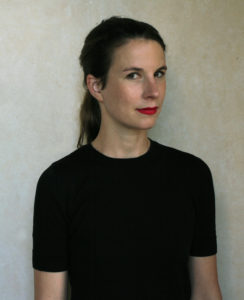
Dulière was among four finalists selected from more than 125 applications from nearly 40 countries. She previously was an architect at David Chipperfield Architects in London and at Rotor Deconstruction in Brussels, as well as a movie-production design assistant at studios throughout Europe. Browse images from Dulière’s portfolio below.
Dulière’s Wheelwright proposal Crafted Images argues that film-set construction, through its cyclical and fast-paced nature, is the ideal incubator for testing innovative practices of material reuse. Through visits to a variety of film sets in Russia, India, Nigeria, the United Kingdom, and elsewhere, Dulière will research material reuse strategies for the film industry, with an eye to applications for long-lasting building and contemporary architecture practice.
“The movie industry has the potential to offer clues for streamlining material flows and offers opportunities for experimentation on sustainability for contemporary architectural practice,” Dulière writes. At the same time, finding solutions to reduce waste within the film industry is also integral to Dulière’s mission, she continues. “How much waste for an image?” she asks.
Through an itinerary responsive to strategic moments in film schedules—from initial construction to ultimate demolition—Dulière expects to visit a number of studios in several countries, including the United Kingdom, Germany, Hungary, China, India, Nigeria, Hong Kong, and Russia. Additionally, Dulière plans to visit on-site productions as they occur around the world. To fuel this itinerary, she plans to organize a network of set-design suppliers and resellers operating globally.
“Aude-Line’s work demonstrates a sophisticated vision of spatial quality in a variety of forms that translates into her interest in the architecture of set design,” says Mohsen Mostafavi, Dean and Alexander and Victoria Wiley Professor of Design at Harvard GSD. “By exploring material reuse strategies at the intersection of film, construction, and architecture, Aude-Line’s project offers exciting possibilities for innovative approaches to sustainability, infused with an equally important and very sensitive consideration of aesthetic beauty.”
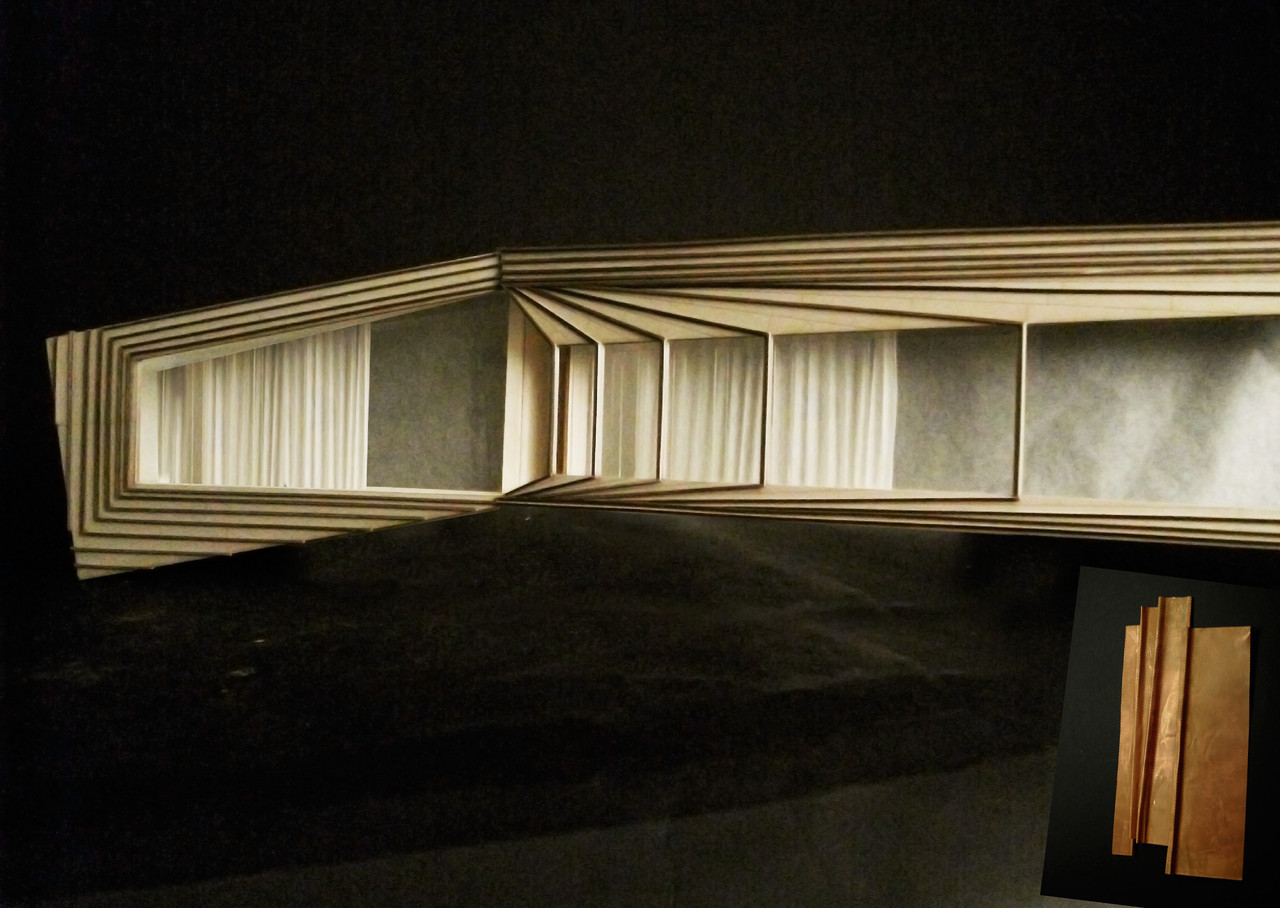
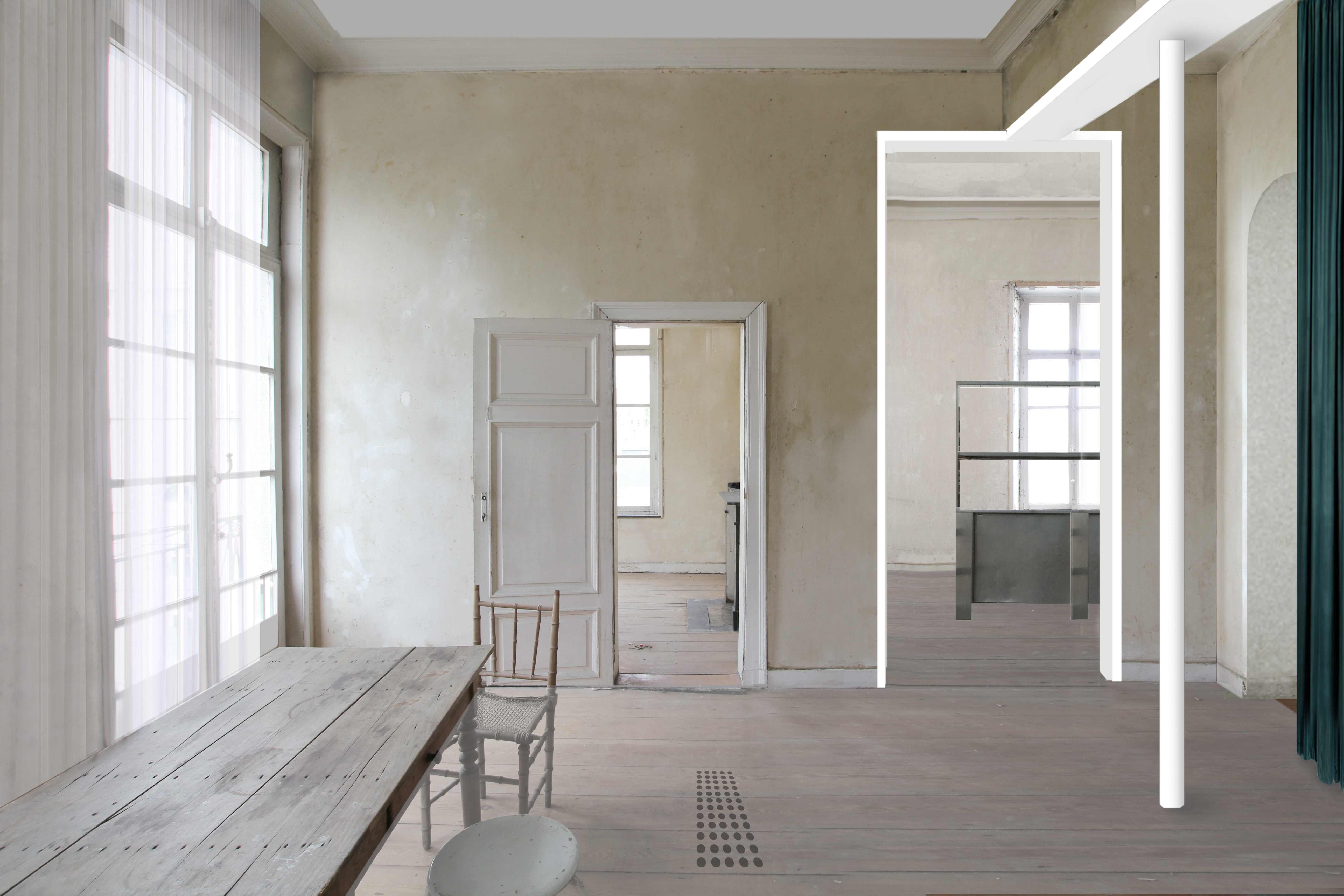
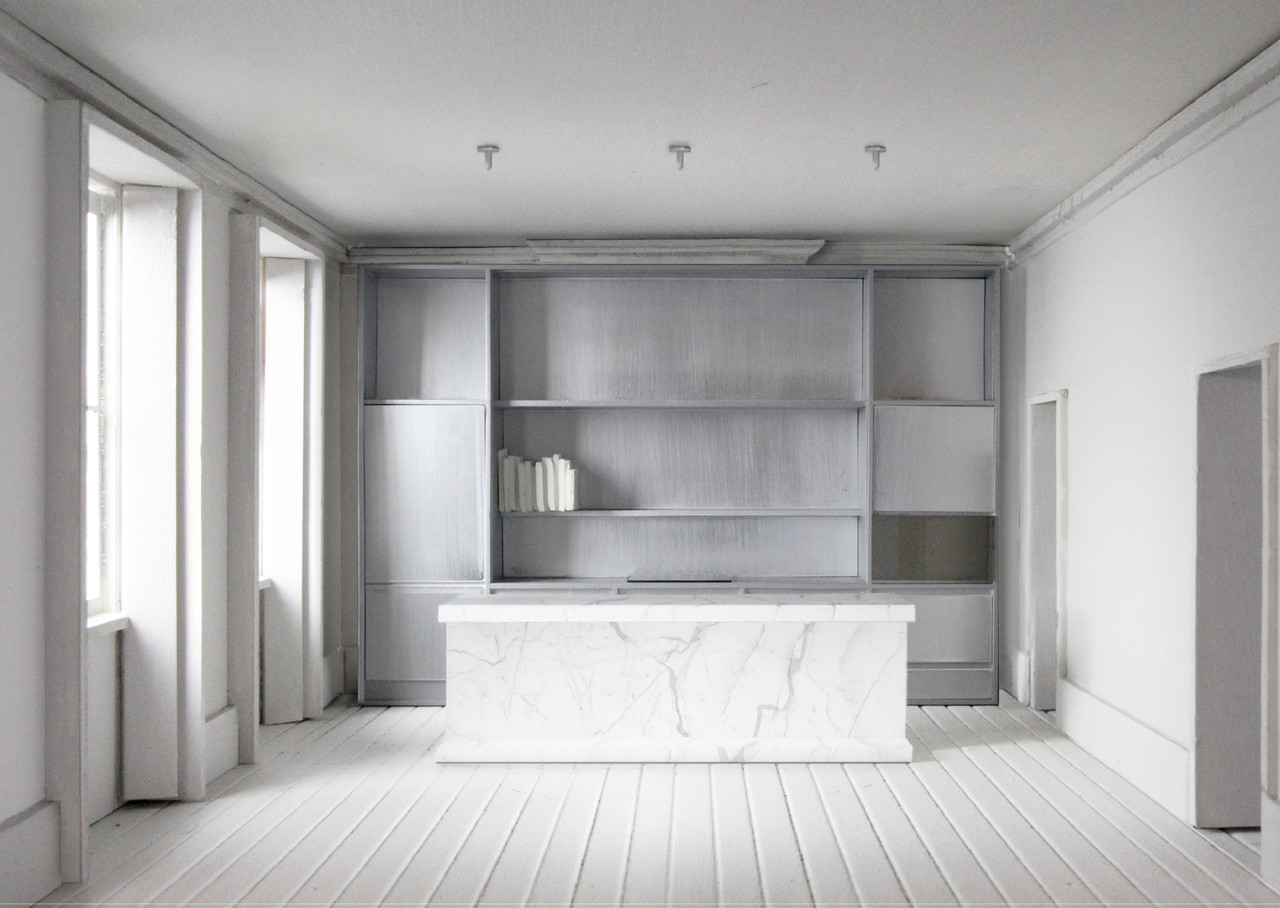
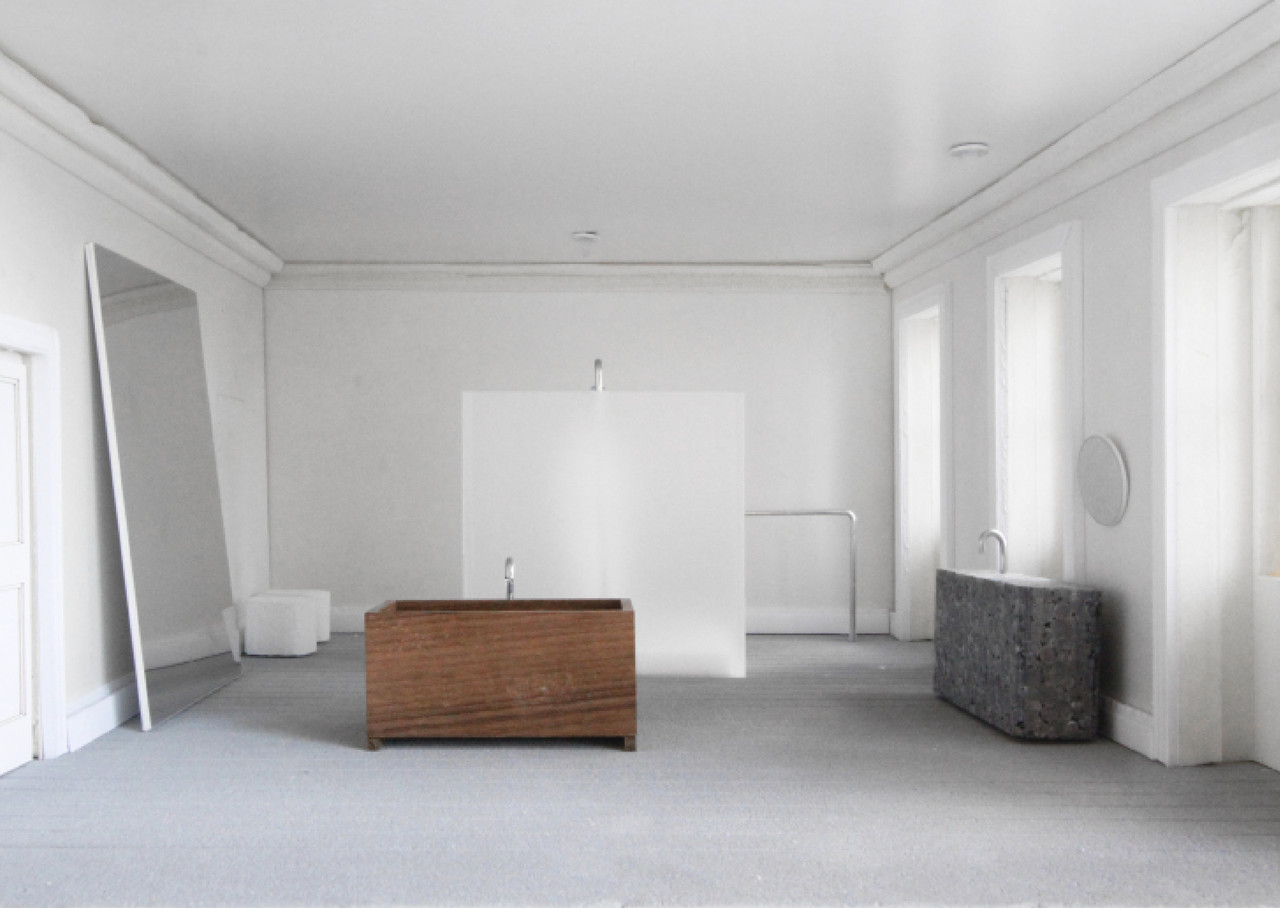
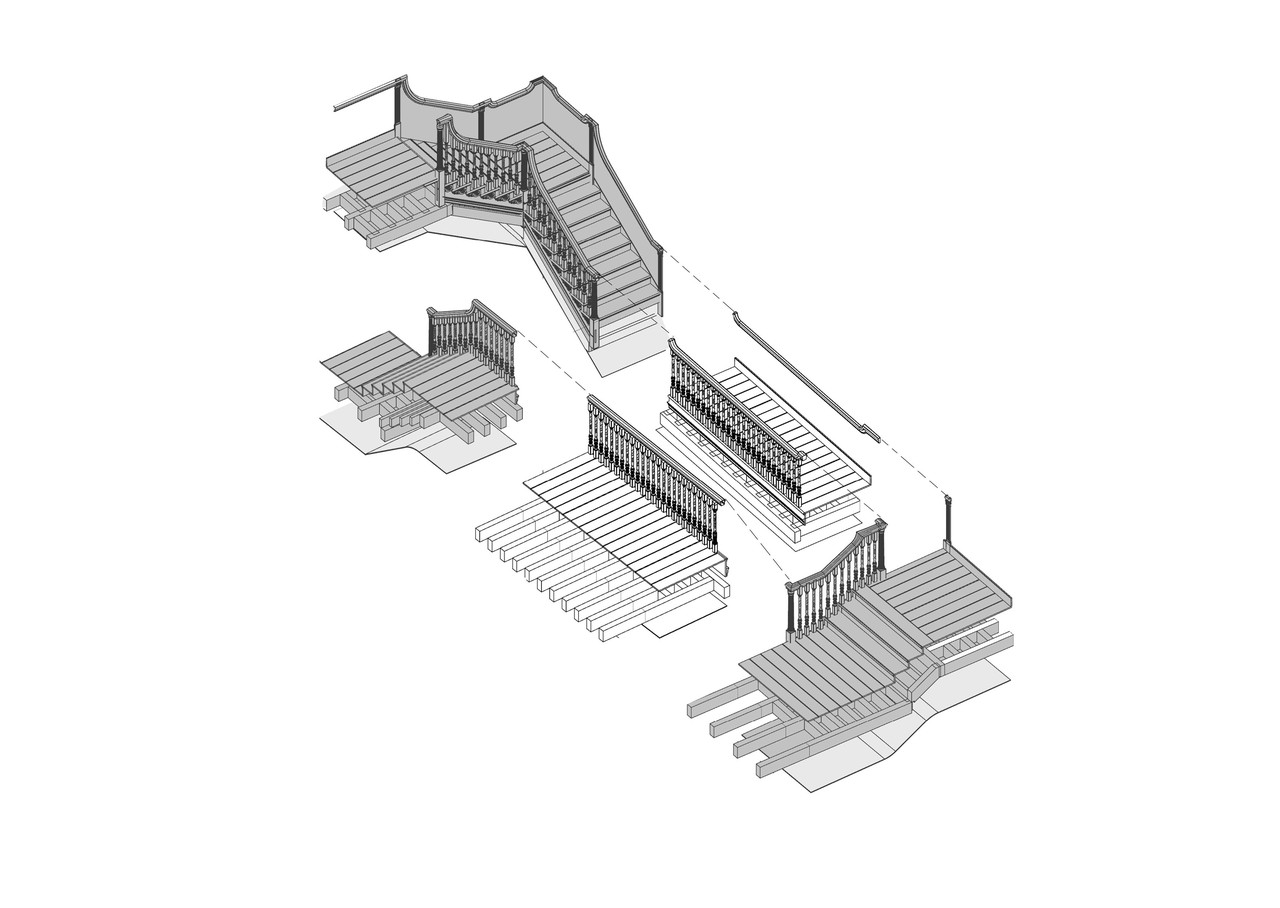
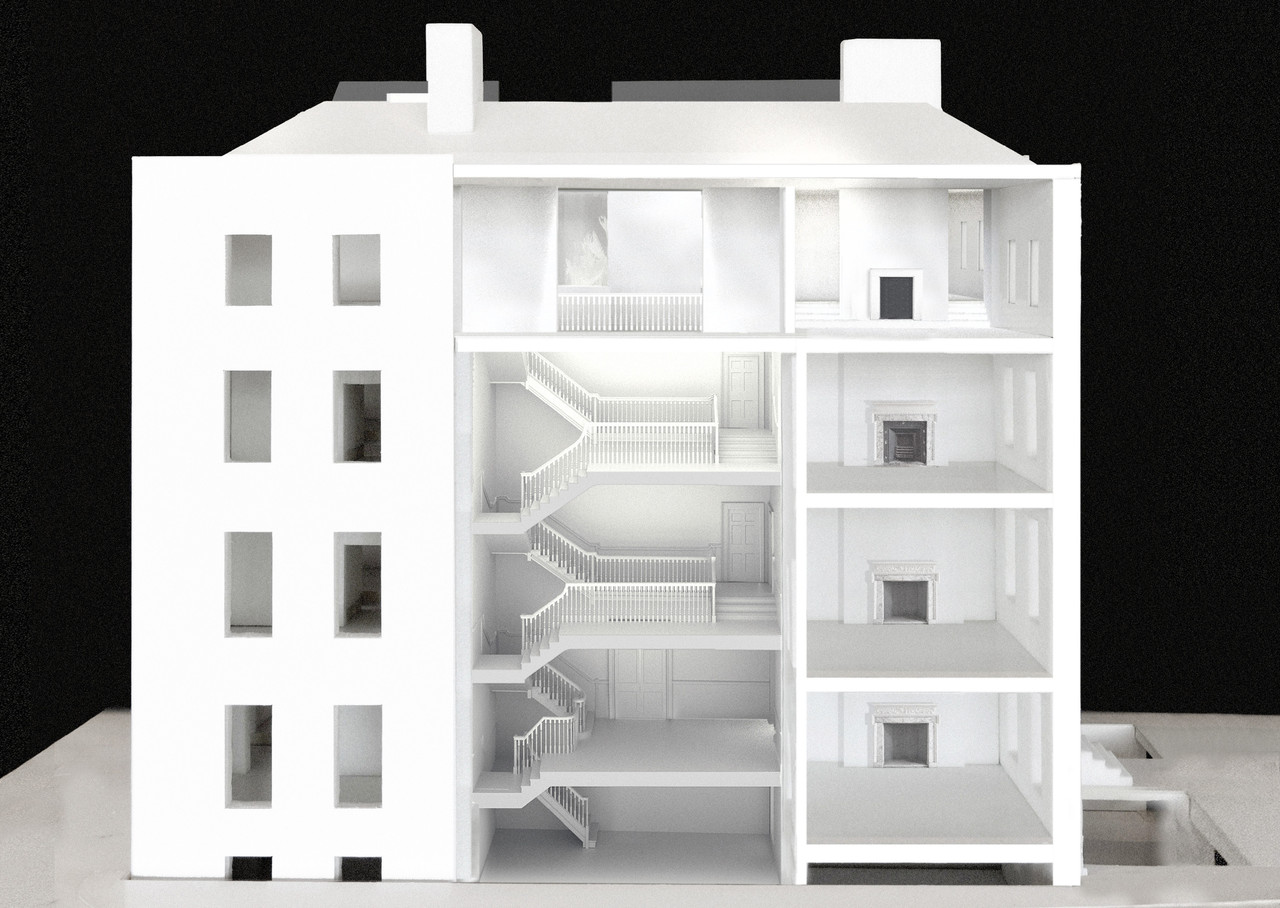
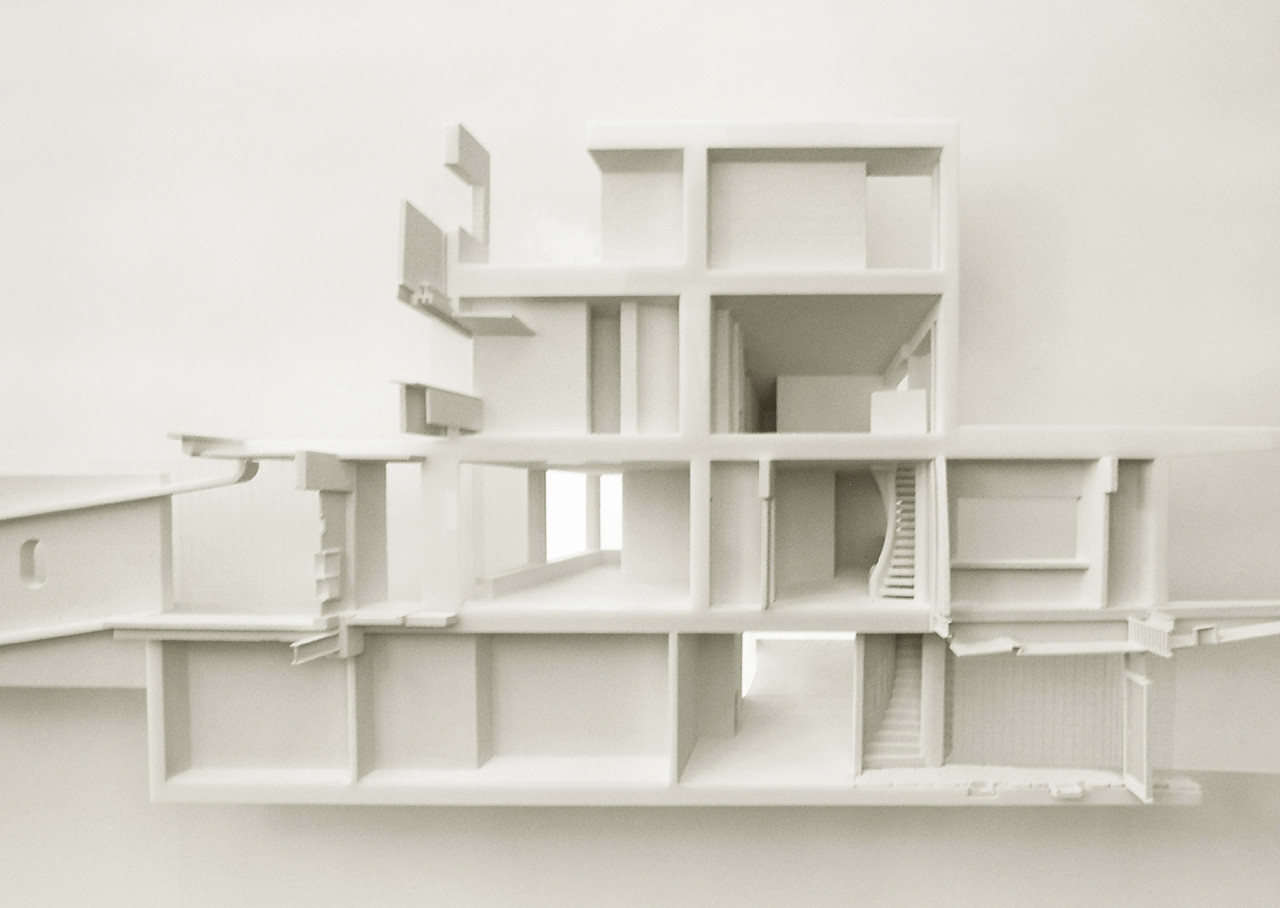
Dulière holds a Master of Architecture degree from Harvard GSD and previously studied in Brussels at the Institut Superieur d’Architecture La Cambre and at Sint-Lucas (KU Leuven). Since 2003, Dulière has worked as an architect and film-production design assistant. She was a designer at David Chipperfield Architects between 2010 and 2015 and later at Rotor Deconstruction in Brussels, which focuses on material flows in the construction industry.
In addition to being a registered architect, Dulière is a member of the British Film Design Guild, and a board member of the Brussels-based space La Loge, dedicated to contemporary art, architecture, and theory. She co-authored Once Upon a Time… Monsterpieces of the 2000s! (ORO Editions), presented at the Architectural Association (AA) and at the Storefront for Art and Architecture. Dulière is currently teaching at the Ecole Nationale Supérieure des Arts Visuels of La Cambre and has taught at the KADK and the AA Summer program. At Rotor, Dulière was involved in large-scale projects relating to the reuse of building materials through “deconstruction” and design projects.
Dulière follows 2017 Wheelwright Prize winner Samuel Bravo, whose proposal Projectless: Architecture of Informal Settlements is taking him to the Amazon, Peru, Colombia, Brazil, Nigeria, Bangladesh, Nepal, India, and elsewhere.
Now in its sixth year as an open international competition, the Wheelwright Prize supports travel-based research initiatives proposed by extraordinary early-career architects. Previous winners have circled the globe, pursuing inquiries into a broad range of social, cultural, environmental, and technological issues. The Wheelwright Prize originated at Harvard GSD in 1935 as the Arthur C. Wheelwright Traveling Fellowship, which was established to provide a Grand Tour experience to exceptional GSD graduates at a time when international travel was rare. In 2013 Harvard GSD opened the prize to early-career architects worldwide as a competition, with the goal of encouraging new forms of prolonged, hands-on research and cross-cultural engagement. The sole eligibility requirement is that applicants must have received a degree from a professionally accredited architecture program in the previous 15 years.
The 2018 Wheelwright Prize jury consisted of Jose Ahedo (2014 Wheelwright Prize winner), Edward Eigen, Frida Escobedo, Mark Lee, Michelle Wilkinson, and standing Committee members Mohsen Mostafavi and K. Michael Hays. (For extended biographies, visit wheelwrightprize.org.)
2018 Wheelwright Prize Finalists
The Wheelwright Prize jury commends the 2018 finalists for their outstanding applications:
José Esparza Chong Cuy — MCA, Chicago, Illinois, United States
Esparza Chong Cuy is the Pamela Alper Associate Curator at the Museum of Contemporary Art Chicago, where he is currently organizing a large-scale Lina Bo Bardi retrospective in collaboration with the Museu de arte de São Paulo and the Museo Jumex in Mexico City. Previously, he was Associate Curator at the Museo Jumex, where, among other projects, he organized exhibitions with artist Pedro Reyes and architect Andrés Jaque. In 2013 he was co-curator of the Lisbon Architecture Triennial, titled Close, Closer. Between 2007 and 2012 he lived in New York and held positions at the Storefront for Art and Architecture and Domus magazine. In 2010 he was a research fellow at the New Museum for Contemporary Art. Esparza Chong Cuy holds an M.S. in Critical, Curatorial, and Conceptual Practices in Architecture from Columbia University’s Graduate School of Architecture, Planning and Preservation.
Wheelwright proposal: Pedagogy of the Self-Governed: Autogobierno and Other Forms of Alternative Learning
Gustavo Utrabo — Aleph Zero, São Paulo, Brazil
Born in Curitiba, Brazil, Utrabo received a degree in Architecture and Urbanism from the Federal University of Paraná in Curitiba – Brazil in 2010. In 2014, he also completed a specialization course in National History and Literature from UTFPR. In 2012, Gustavo co-founded Aleph Zero with architect Pedro Duschenes. The office, currently based in São Paulo, operates in diverse fields such as research, cultural, residential and commercial architecture, urban initiatives and master plans. Each project is approached as a new opportunity to explore the ambiguity of limits for the creation of affecting atmospheres. Displacement, porosity, repetition, impossibility, nature and artificiality are some of the recurring concepts used to understand the problem at hand in a collaborative process involving architects, researchers, artists and technical consultants. Recently, the office was nominated to the Mies Crown Hall Americas Prize for Emerging Architecture and to the 2018 International List of the RIBA’s International Prize. In 2018 the project Children Village received ArchDaily’s 2018 Building of the Year Award; the project will be displayed in Brazil’s National Pavilion at the 2018 Venice Biennale. Utrabo is also an assistant professor of architecture at Escola da Cidade in São Paulo – Brazil.
Wheelwright proposal: From Extraction to Growth: A Concreteless Project
Catty Dan Zhang — UNC Charlotte, Charlotte, North Carolina, United States
Zhang (MDes ’17) is currently an assistant professor of architecture at UNC Charlotte, where she teaches studios and courses that propel intellectual thinking while introducing comprehensive toolkits and emerging technologies. Her work spans across buildings, installations, artifacts, projections, and robotics, and her research engages cinematics in design with evolving digital media, mechatronic vision, fabrication processes, and responsive environments, driven by the interests of human-centered perception and atmospheric dynamics. Zhang collaborates with Axi:Ome— an interdisciplinary architectural design and research practice based in St. Louis and Jecheon. As a design principal, she has led a broad range of speculative as well as commissioned projects internationally. Zhang was previously a lecturer in architecture at Washington University in St. Louis. She holds a Bachelor of Architecture degree from Tsinghua University, and a Master of Architecture with Honors from Washington University in St. Louis, where she received the Best Degree Project Award for her project Elegy. She has recently completed her Master in Design Studies (MDes) degree from Harvard GSD, where she received the Second Annual MDes Final Project Research & Development Award for her thesis FANS: Constructed Invisibles, and was the 2017 recipient of the Daniel L. Schodek Award for Technology and Sustainability.
Wheelwright proposal: 60 mph: Architectural Mediums and Speed Tectonics
The full winner’s brochure, which includes jury comments and the winner’s portfolio, will soon be available at wheelwrightprize.org. Applications for the 2019 Wheelwright Prize will be accepted in Fall 2018.
For further information, please contact:
Travis Dagenais
Harvard University Graduate School of Design
[email protected]
617-946-1143
